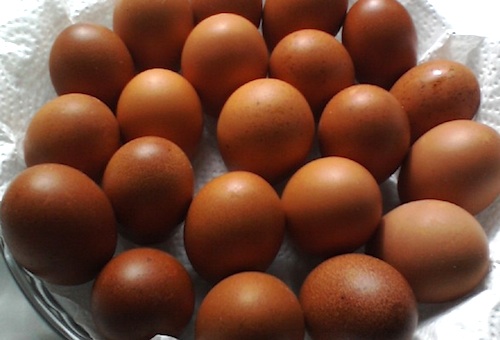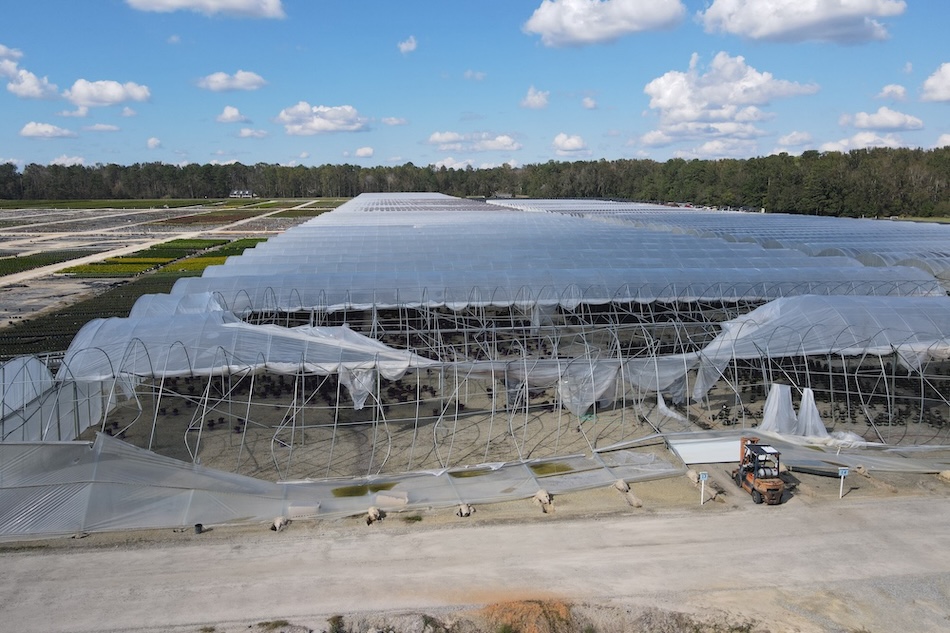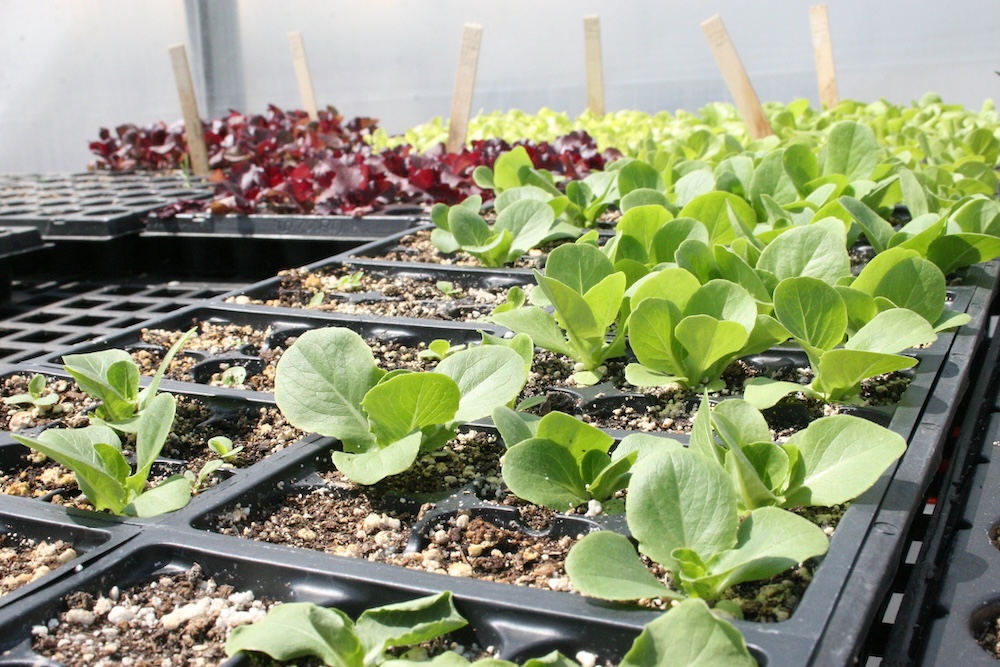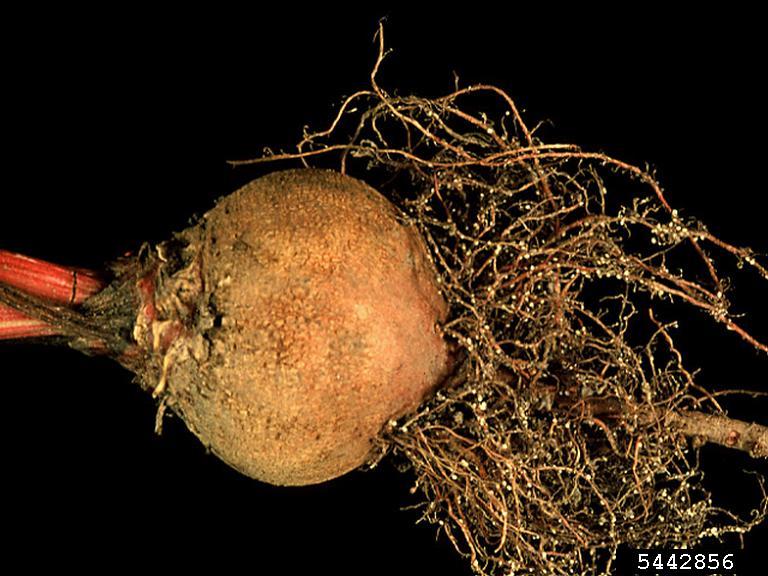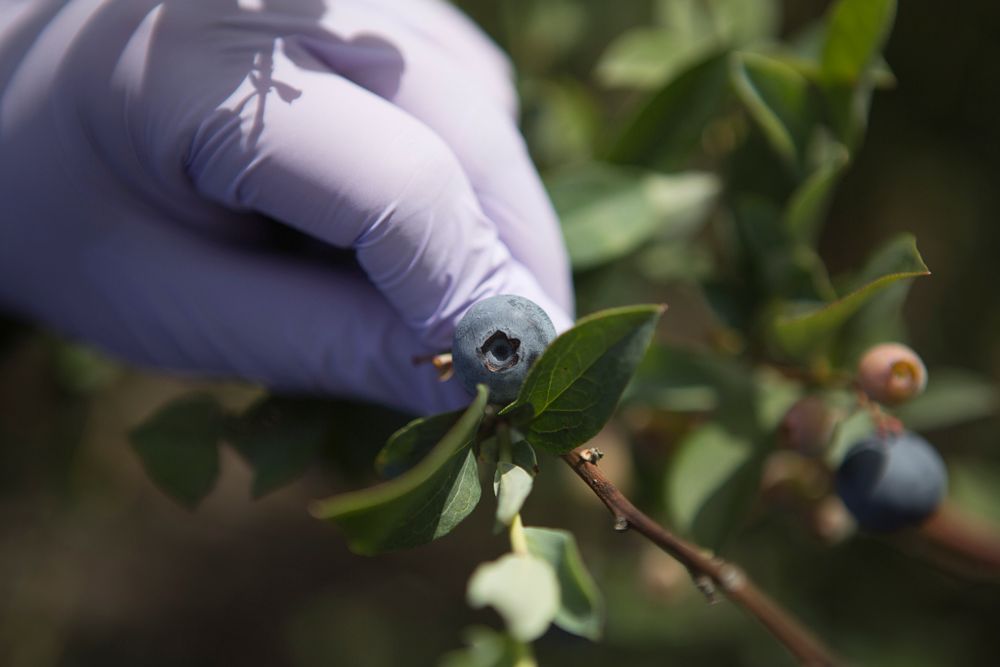An empty storefront on the market square in downtown Zebulon, Ga., is being eyed as the place where local agricultural crop diversity meets entrepreneurial product creativity.
The business network is in place and the blueprints are laid out for what would be Pike County’s first incubator kitchen – a shared facility designed for small-scale food businesses that may be stymied by regulations and can’t afford the more expensive commercial kitchen equipment.
Funding needed
One piece of the puzzle, however, is still missing: adequate finances needed to get the incubator off the ground.
“We envision this incubator kitchen to be the place where our farmers and entrepreneurs can take local farm crops and develop them into value-added products that can be sold to farmers markets, consumers, businesses and caterers in the area,” said Chris Curry, executive director of the Pike County Agribusiness Authority. “But the economic downturn kind of spoiled our plans, but we are not giving up.”
Despite the bend in the road, Curry said, the county has helped farmers develop value-added items to meet consumer demand for locally grown products. Pike County is considered part of the Atlanta Metropolitan Statistical Area. For two years, the Pike County Agribusiness Authority has forged ahead with the aid of an $8,400 Sustainable Agriculture Research & Education, or SARE, Sustainable Community Innovation Grant.
“It’s a chicken or egg thing. You need the infrastructure to attract farmers, and you have to have the farmers to support the infrastructure,” Curry said. “That’s why getting this SARE grant was so important. It really raised the visibility of agriculture and gave us a lot of leverage in the eyes of people who were skeptical about the sustainable-organic business model.”
Network of local producers
For starters, the Pike County Agribusiness Authority created a network of entrepreneurs interested in value-added production -- everything from jellies to baskets to butter to sauces and baked goods. The group was then walked through the process of starting a new food business.
A University of Georgia Small Business Development representative helped create and develop business plans, financial ideas and marketing skills. In addition, the group attended the “Starting a New Food Business” class offered by the UGA College of Agricultural and Environmental Sciences to learn about the laws and regulations of the food industry in Georgia. Lastly, the group was introduced to ways to produce and market products, one of which could be via an incubator kitchen.
“We were watching farmers at the seasonal local farmers market leave with all of this extra product and no other outlet to sell it. So we wanted to come up with a way for them to create value-added products that they could sell and add to their bottom line,” said Anna Evans, project manager for the SARE grant.
Wednesday market
One offshoot of that idea became the Wednesday Market, a year-round farmers market offering locally grown products from local farmers. Buyers shop online, then pick up their orders every Wednesday.
“Since Wednesday Market launched in January, we’ve put $8,000 in farmers’ pockets, and we are just now entering the summer season with vegetables,” Evans said. “In addition to the Market on the Square, Wednesday Market provides an additional outlet for farmers to showcase their products, and they can sell them during the week and during winter.”
With more than three dozen agricultural crops, ranging from fruits and vegetables to aquaculture and livestock to timber, and an average farm size of 134 acres, Curry said Pike County can capitalize on diversification, agritourism and value-added production.
Evans sees a bigger picture.
“My total dream is for the southern crescent of Atlanta to become the epicenter of sustainable and organic farming,” Evans said.

